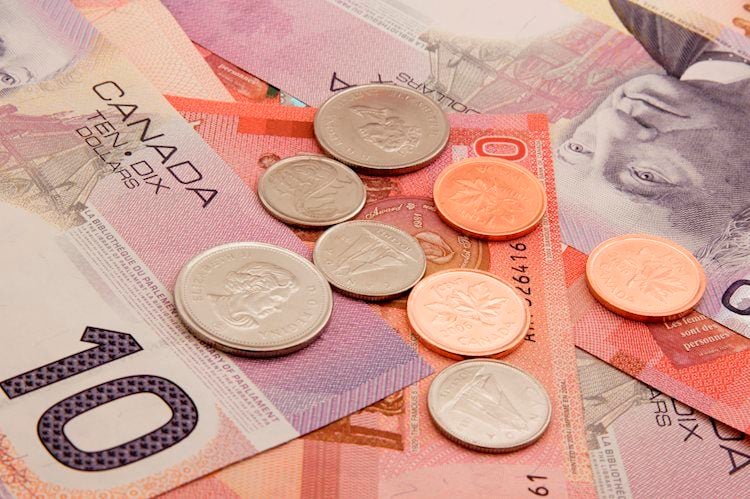It is clear: the Italian adult has a level of financial awareness below the average of the OECD countries (Organization for Economic Cooperation and Development) and there is a gender difference for which women are less performing and prepared in the matter. A gap that is reflected in daily choices and that it is important to manage from an early age with a correct education.
We need to “educate on the use of money from an early age,” he explains Francesca Marchelli, communication manager of Widiba Bank, which among its activities has on its Youtube channel a series of webinars on financial education: Economics and imagination – Teaching children about financial education. “It is important to start financial education as a child using tools such as pocket money or a piggy bank.” Here are some tips for parents to start a proper financial education, 5 tips for young and old for responsible parents.
Transmit the value of the wait
“Setting a goal and working to achieve it is an important value that also concerns money”, explains Francesca Marchelli. In this case, the piggy bank for the little ones is an excellent starting point. «You decide the goal – an object to buy – and put the money away little by little. This raises the awareness that to buy you have to save. It is useful to make our children count the money and mark on the calendar when you can buy what you want ».
Watch out for gender stereotypes
We may not think about it, but gender stereotypes from a money standpoint are often ingrained. “There are situations, even unconscious ones, of gender gap due to cultural stereotypes, already evident in the family. One thing we have noticed is that males are given more money and more consistently, starting with pocket money. It is often thought that a son is more likely to have a career and make money. This generates expectations, which fuel investment projects on male children, for example regarding education. Here it is important for the family to start tackling these topics, avoiding dividing the world into male and female, giving the same tools and opportunities “.
Money doesn’t have to be taboo
It is important to get our children involved in money management from an early age. «We tend not to talk about money because there is a deep-rooted ambivalence: on the one hand we need it to feel good, for well-being, on the other it has a connotation of dirt, corruption, power and prevarication. In Italy we have the salary taboo, something that does not exist in other countries and we tend not to talk about it in the family. We must speak of money as a protection system, an element of discussion, something that develops critical thinking. Money must not be conceived as it is not only power and prestige, but also a lever for personal growth ». Marchelli explains to us.
Share them in the shopping routine
«I recommend involving our children in the daily routine because it is important to learn, from an early age, to weigh the needs by selecting what is most necessary. Discuss the budget for the daily shopping, or later on for the holidays. Again, in older children, the cost of university enrollment to make them responsible for studying, education, and not wasting time. For the little ones for Christmas it would be useful to write with them the letter to Santa Claus, the famous “wish list”, trying to understand with the children what are the most important things, giving them a priority ».
Dealing with the unexpected with pocket money
“The unexpected is difficult to handle, we learned that during the pandemic. This is why managing savings is important. A good idea is that of the youth salary, a fixed amount that the older children manage independently, with expenses that the children have to provide for themselves, managing and saving for the unexpected. It always comes back to them: planning goals and giving value to money is the essence of financial education »concludes Francesca Marchelli.
Other stories of Vanity Fair that may interest you:
How to explain money to children (in times of crisis)
What is the best investment for your children?
.
Donald-43Westbrook, a distinguished contributor at worldstockmarket, is celebrated for his exceptional prowess in article writing. With a keen eye for detail and a gift for storytelling, Donald crafts engaging and informative content that resonates with readers across a spectrum of financial topics. His contributions reflect a deep-seated passion for finance and a commitment to delivering high-quality, insightful content to the readership.






